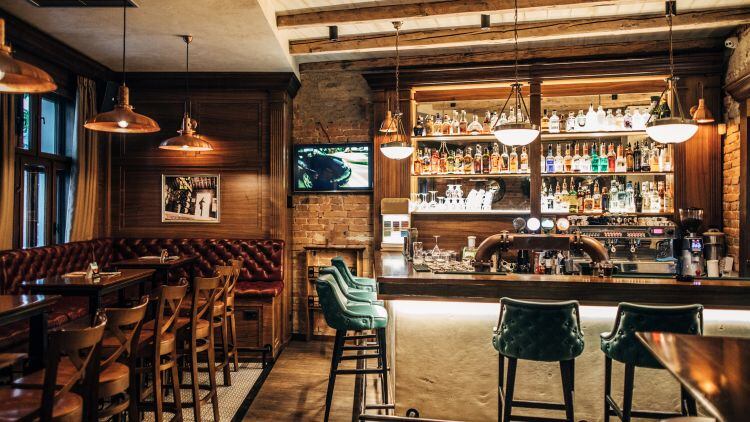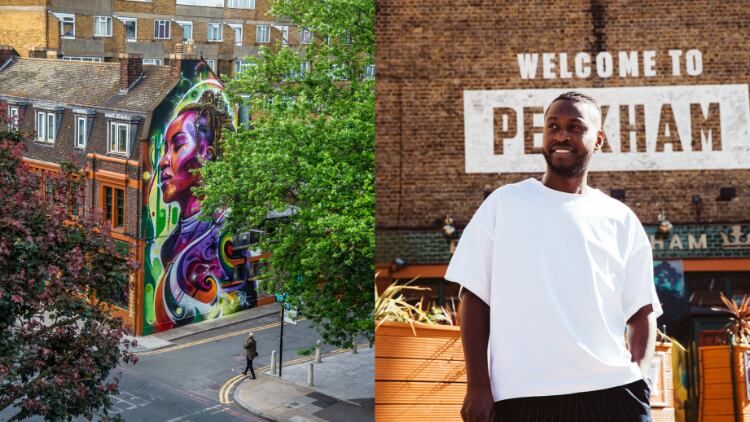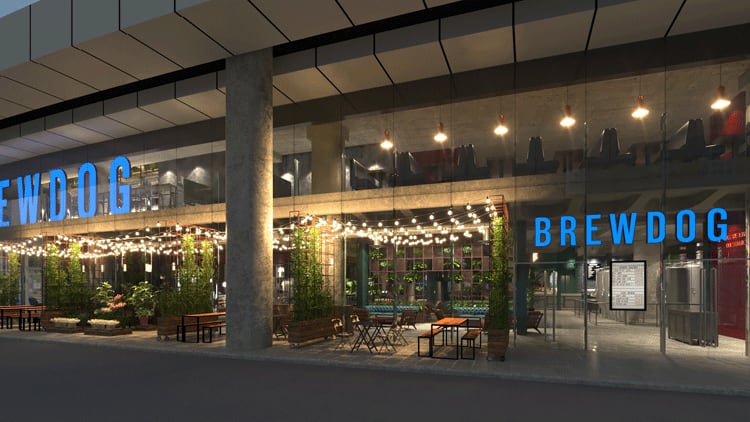The rise in the threshold was first announced by the Government as part of the Spring Statement in March.
Former Chancellor Rishi Sunak said: “I know people are worried about making ends meet during these challenging times.
“Global supply chain issues and Russia’s invasion of Ukraine are driving up the cost of living for families across the UK.
“I’m taking action by not just raising national insurance thresholds but equalising them with income tax personal allowance and not over multiple years but all in one go, this year.
“From July, people will earn £12, 570 a year without paying a single penny or income tax or national insurance.
“That’s a £6bn personal tax cut for almost 30m across the entire United Kingdom and a tax cut worth over £330 for a typical employee in the year from July.
“The cut applies across the entire United Kingdom and means we will have one of the most tax thresholds in the world.”
NICs were increased by 1.25% in April, in a bid to help the NHS recover from the pandemic and in the future to fund the Government’s share of social care.
What is the national insurance threshold?
National insurance is a tax on earnings and self-employed profits paid by employees, employers and self-employed workers.
How much has it increased by?
The starting NIC threshold has risen by £2,690 to £12,570, which according to the Government, means 2m people will pay no national insurance at all and 30m will see a drop in their contributions.
However, this is alongside the rise of 1.25% to the national insurance rate, which came into force in April this year.
How will this impact salaries?
This means workers won’t pay national insurance on the first £12,570 they earn, allowing employees to earn a higher salary before they start paying NICs.
What does this mean for pub workers?
From 6 July, the national insurance threshold will rise from £9,880 to £12,570 meaning pub workers should see more money on their pay slip.
According to data from Total Jobs last year (October), the average annual salary for bar staff was £19,000.
With the rise of the threshold, this means hospitality staff on this salary will pay £300 less as prior to 6 July it would have been £1,151.46 whereas with the higher bracket, it is now £815.16.
The research also found the average salary for a bar supervisor is £21,000. This means the new estimated contribution will be £282 less (a decrease from £1,397.73 to £1,116.12).
Head chef average annual wages are £29,000 and with the change in national insurance, those on this salary will be £207 better off.
For other back-of-house staff such as kitchen porters, who’s average salary is reported to be £18,579, they will receive £304 more in their pay packet.
What about self-employed operators?
For self-employed operators, the amount of profit they can earn before paying NICs is also increasing.
How will this impact consumers?
As the Government has estimated the change is worth £330 a year for a typical employee, it means people will have extra cash in their pocket.





